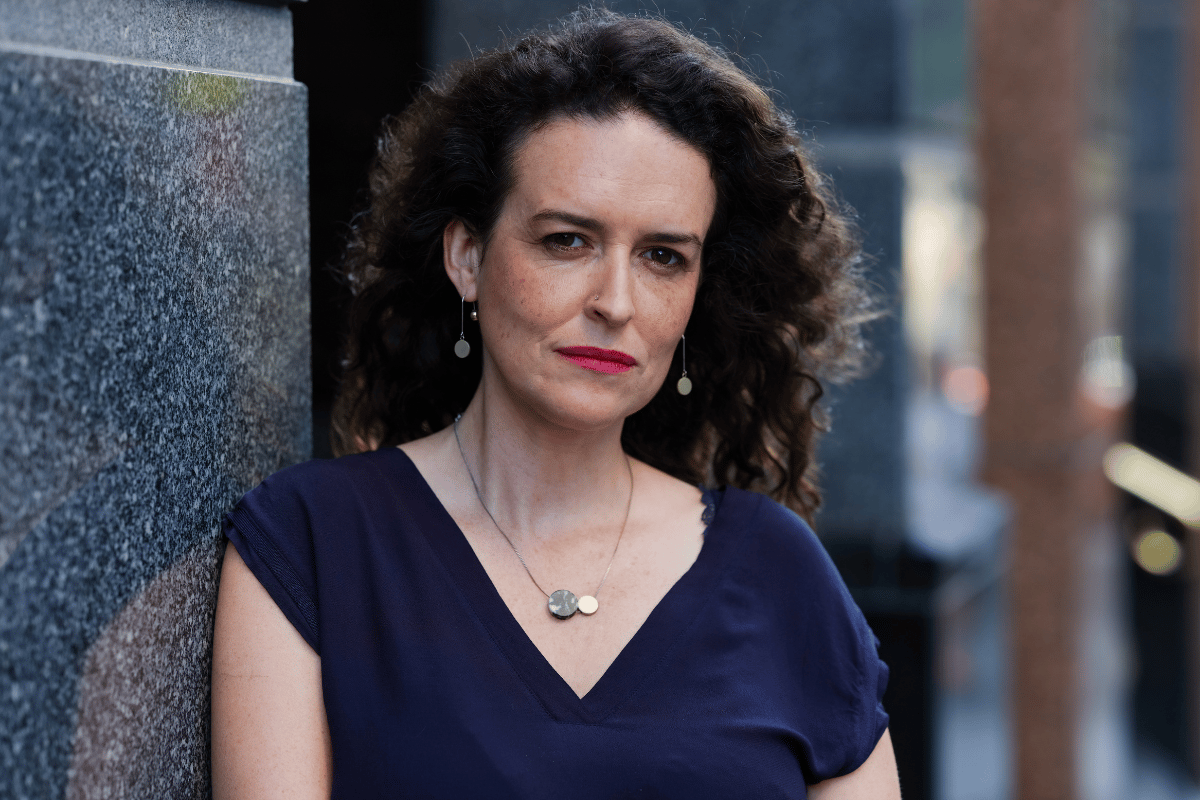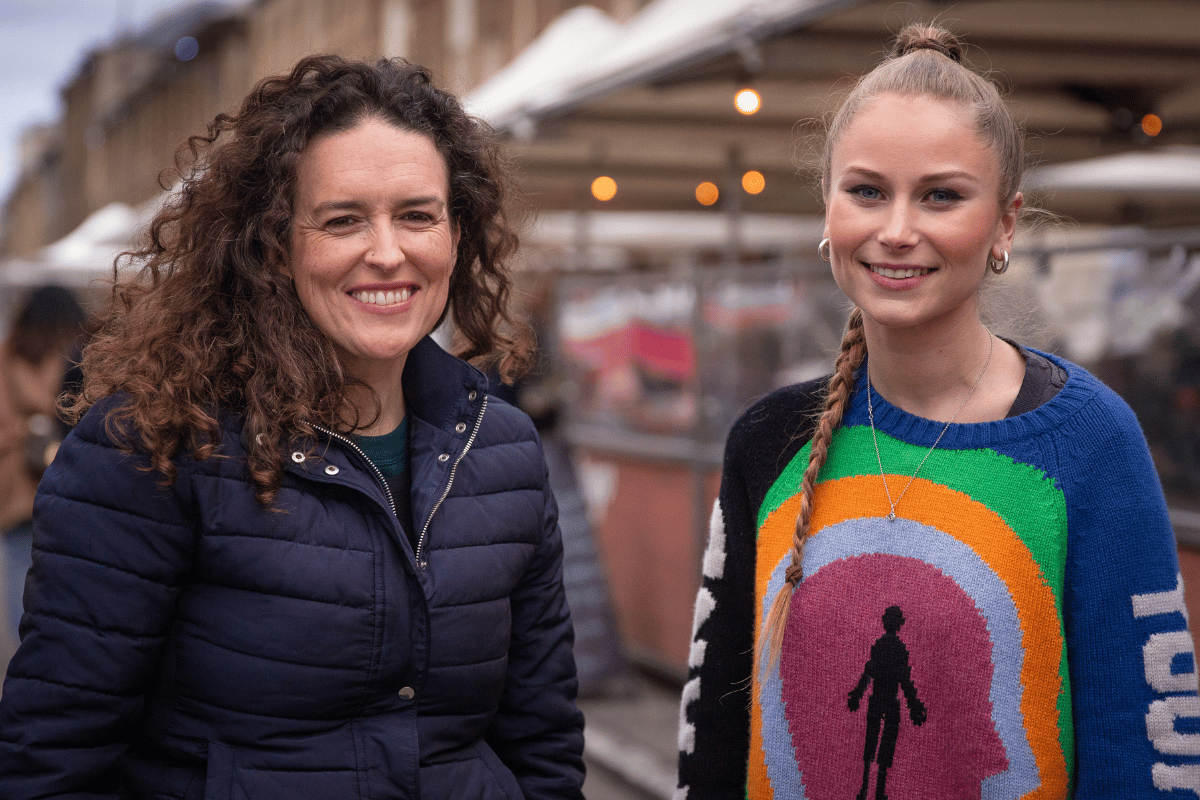
Content Warning: This story includes mentions of child sexual abuse and sexual assault that may be distressing to some readers.
It's the red-hot national subject that's led to difficult yet necessary conversations and a serious examination of Australia's attitudes towards women.
Australian investigative journalist Jess Hill says she has never shied away from these topics, well known for her work on the widely acclaimed documentary on domestic abuse, See What You Made Me Do, led by director Tosca Looby.
In 2021, there was a seismic cultural reckoning, which shone a light on the epidemic of violence against women in this country. Hill and a seriously talented team then set out on a mission to spark discussions on consent and sexual violence with their docuseries Asking For It on SBS.
"This is the sort of conversation that wants to go back underground. We needed to give it renewed energy. How do we take all this depth of trauma and transform the way it's responded to?" Hill explains to Mamamia.
Overall, society's understanding of consent remains fairly limited. The stigma remains too, a common victim-blaming response being 'she was asking for it'.
That in particular is a sentiment that survivor-advocate Grace Tame unpacks in the docuseries — the fact she so often was made to feel like she was complicit in the abuse she endured as a girl at school.
 Jess Hill and Grace Tame. Image: SBS.
Jess Hill and Grace Tame. Image: SBS.

Top Comments